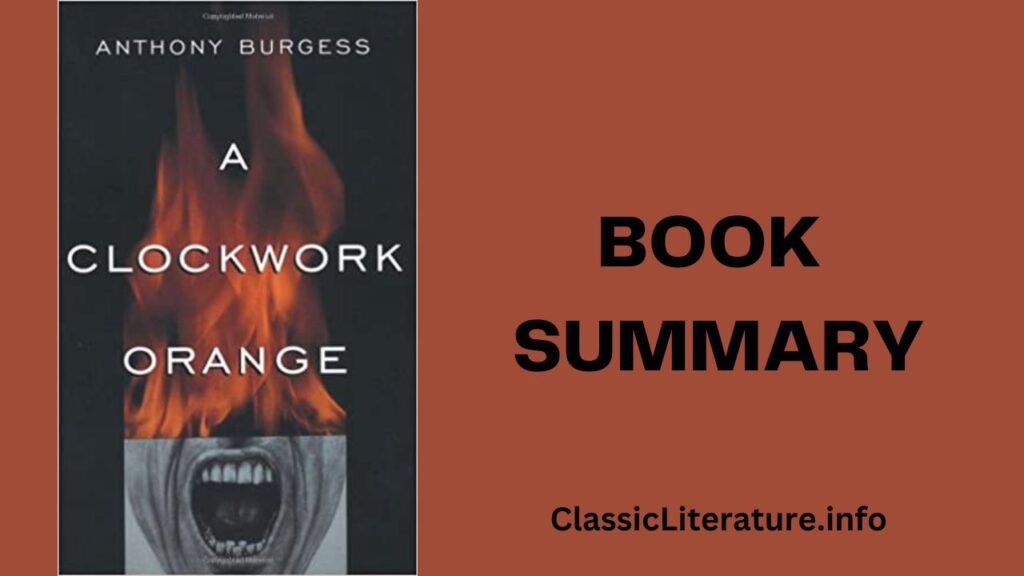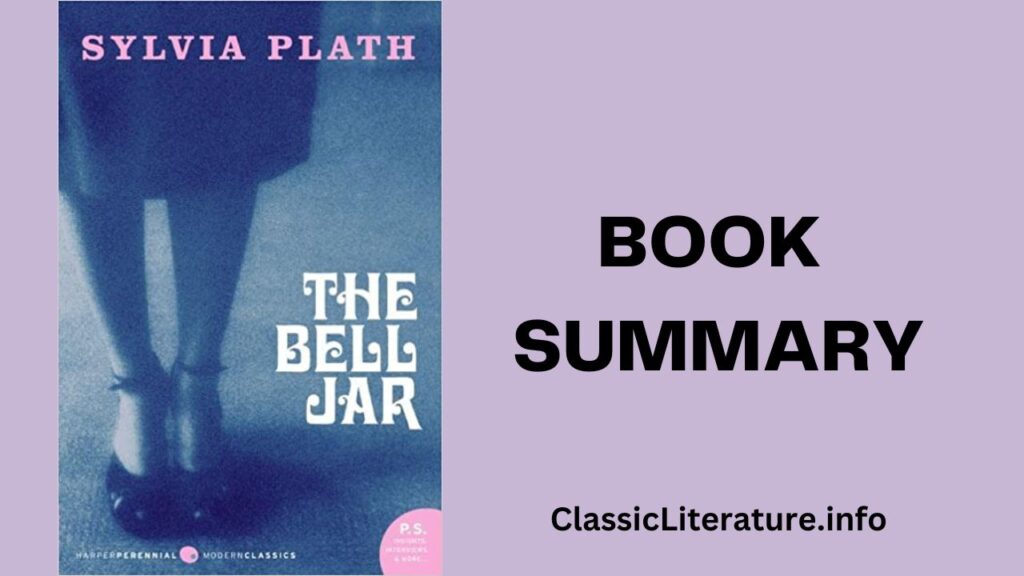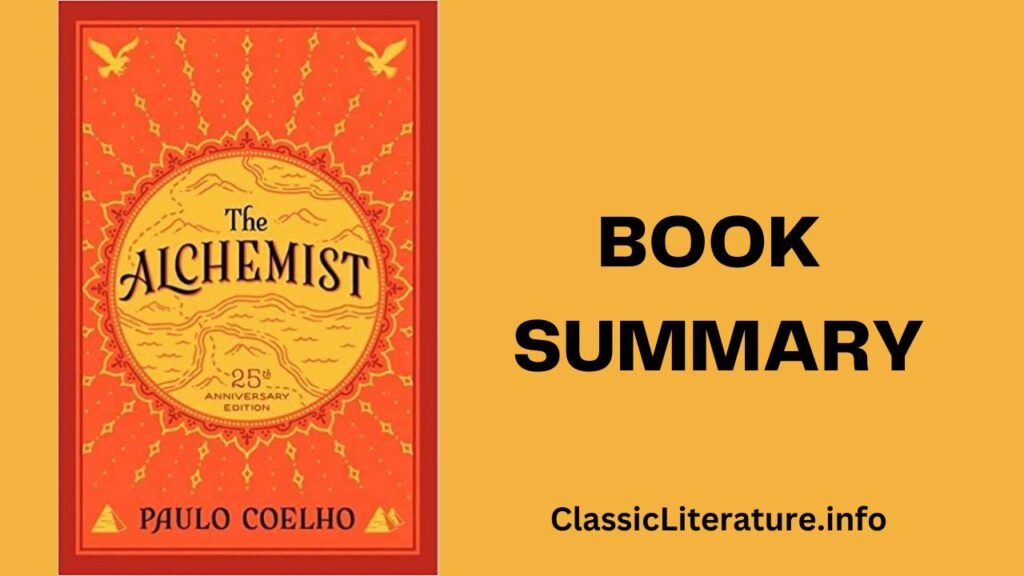
“A Clockwork Orange” by Anthony Burgess: A Dystopian Masterpiece of Morality and Free Will
Anthony Burgess’ “A Clockwork Orange” is a provocative and thought-provoking novel set in a dystopian future. The story follows the character of Alex, a charismatic but violent young man who leads a gang and indulges in acts of brutal ultraviolence. The novel explores themes of morality, free will, and the consequences of societal control.
In a near-future society, Alex and his gang wreak havoc on the streets, committing heinous crimes without remorse. However, when Alex is eventually captured and imprisoned, he becomes a subject of a controversial psychological experiment aimed at reforming criminals. Through a procedure called the Ludovico Technique, Alex is conditioned to feel extreme nausea and aversion at the mere thought of violence.
As Alex’s behavior is forcibly changed, the novel raises profound questions about the nature of morality and the inherent value of free will. Burgess presents a society that employs extreme measures to eliminate crime, even at the cost of an individual’s autonomy and humanity. The story delves into the moral implications of suppressing a person’s capacity for choice and the potential dangers of a society that seeks to control its citizens.
Burgess’ writing style in “A Clockwork Orange” is notable for its inventive and experimental use of language. The novel is written in Nadsat, a fictional teenage slang created by Burgess, which incorporates elements of Russian, Cockney rhyming slang, and other linguistic influences. This distinctive linguistic style adds depth to the narrative and enhances the reader’s immersion into Alex’s mind and the dystopian world he inhabits.
“A Clockwork Orange” features several memorable quotes that encapsulate the novel’s themes and thought-provoking nature.
One notable quote is, “Does God want goodness or the choice of goodness? Is a man who chooses the bad perhaps in some way better than a man who has the good imposed upon him?” This passage reflects the central dilemma of the novel, highlighting the tension between morality and the freedom to choose.
Another powerful quote from the book is, “Goodness is something chosen. When a man cannot choose, he ceases to be a man.” This line underscores the significance of personal agency and the inherent value of free will. Burgess’s use of language and dialogue amplifies the impact of these quotes, provoking readers to question their own beliefs about ethics and the limits of human control.
Get Paperback or Kindle version of the book <–
“A Clockwork Orange” is a must-read for its profound exploration of morality, societal control, and the complexities of human nature.
The novel challenges readers to confront uncomfortable truths and grapple with philosophical questions that continue to resonate in contemporary society. It serves as a cautionary tale, highlighting the dangers of sacrificing individual freedom in the pursuit of a utopian vision.
Reader reviews of “A Clockwork Orange” vary due to the book’s controversial nature.
Some readers appreciate Burgess’s bold and unflinching portrayal of violence and its consequences.
One reviewer commends the novel, stating, “Burgess’s exploration of the clash between individual freedom and the need for societal order is both disturbing and thought-provoking.”
However, some readers find the explicit violence and dark subject matter to be disturbing and off-putting. The novel’s unconventional language and narrative structure can also be challenging for some readers, requiring patience and a willingness to immerse oneself in Burgess’s inventive linguistic world.
In conclusion, “A Clockwork Orange” by Anthony Burgess is a dystopian masterpiece that challenges readers’ notions of morality, free will, and the limits of societal control. Burgess’s inventive writing style and the novel’s thought-provoking themes make it a compelling and essential read for those interested in exploring the human condition and the ethical complexities of a futuristic society.
About the author
Anthony Burgess (1917-1993) was a British writer and composer. Born in Manchester, England, Burgess had a multifaceted career that included writing novels, composing music, and teaching. He is best known for “A Clockwork Orange,” which brought him international recognition. Burgess’s works often explore themes of language, morality, and societal issues. He was a prolific writer, authoring numerous novels, plays, and non-fiction works throughout his career. Burgess’s contributions to literature continue to be celebrated for their originality and thought-provoking nature.





